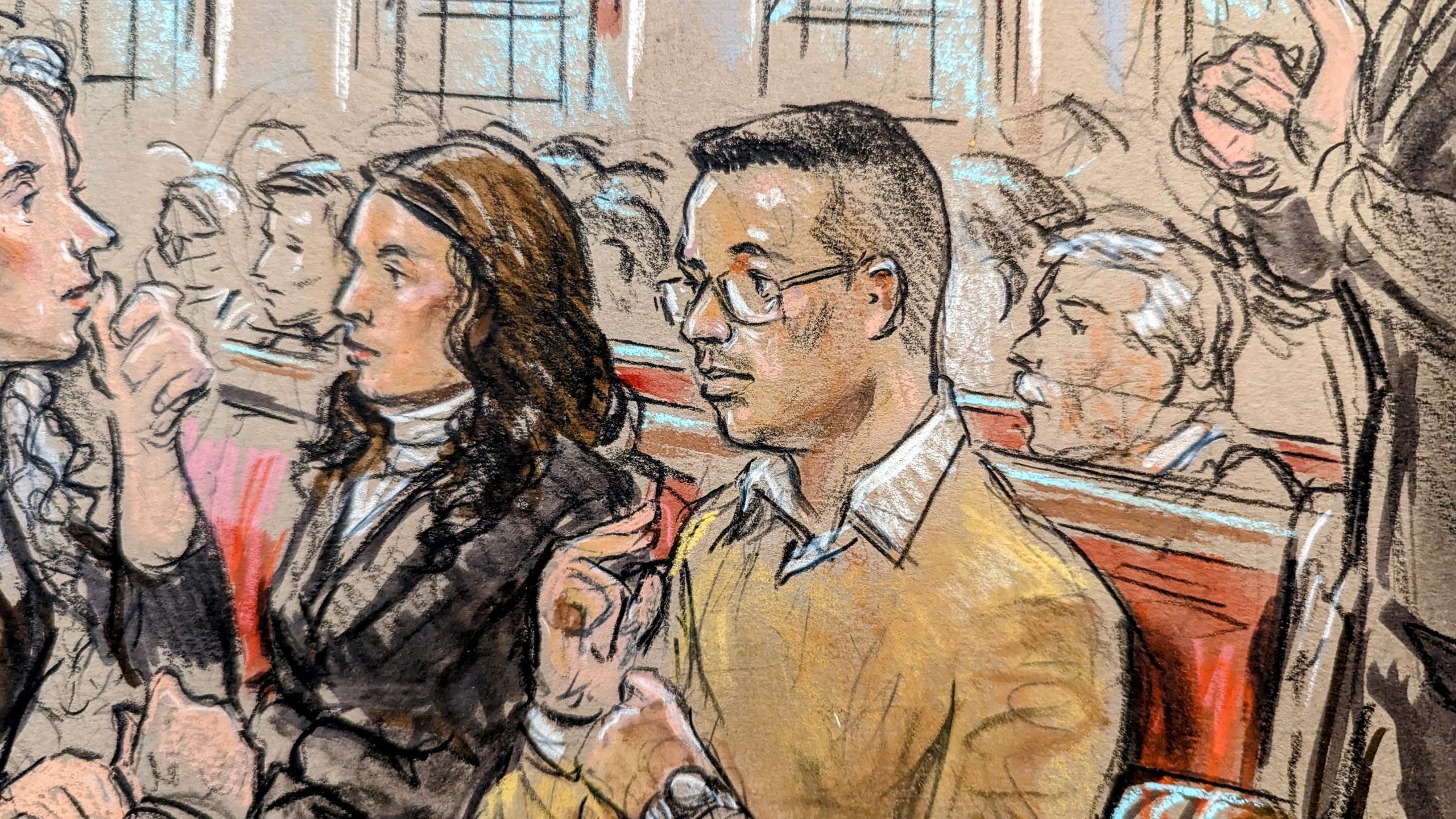OPINION ANALYSIS
Court rules for deaf student in education-law case

on Mar 21, 2023 at 12:10 pm

The Supreme Court on Tuesday revived a deaf student’s lawsuit against a Michigan school district that failed to provide him with a qualified sign-language interpreter. In a unanimous opinion by Justice Neil Gorsuch, the justices ruled that federal education law did not require the student, Miguel Luna Perez, to fully pursue his claims against the school district in administrative proceedings before going to federal court. As Gorsuch himself observed, the question before the court was an important one “not just for Mr. Perez but for a great many children with disabilities and their parents.”
Perez, who is now 24, attended schools in the Sturgis Public School District for 11 years. But during that time, he either did not receive a qualified interpreter or he was assigned one who was repeatedly absent. Perez and his parents only learned shortly before he was scheduled to graduate that he would not receive a diploma; until then, they believed that he was making progress.
Perez and his family filed an administrative complaint against the school district with the Michigan Department of Education in which they alleged that the district had violated both the Individuals with Disabilities Education Act, which requires school districts to provide students with disabilities with a free appropriate public education, and the Americans with Disabilities Act, which (among other things) bars discrimination against children with disabilities in public schools. Before the DOE could hold a hearing, the school board settled Perez’s IDEA claim by agreeing to pay for him to attend the Michigan School for the Deaf.
Perez then went to federal court, where he argued that the school district’s failure to give him the resources to fully participate in class violated the ADA. But the district court dismissed Perez’s case, reasoning that Perez could only file his lawsuit after “exhausting” his claims – that is, going through the entire administrative process available under the IDEA, which includes a hearing before an administrative hearing officer. The court relied on Section 1415(l) of the IDEA, which indicates that nothing in the IDEA “shall be construed to restrict or limit the rights, procedures, and remedies available under … the Americans with Disabilities Act,” except that “before the filing of a civil action under such laws seeking relief that is also available under” the IDEA, the IDEA’s procedures “shall be exhausted to the same extent as would be required had the action been brought under” the IDEA.
The U.S. Court of Appeals for the 6th Circuit upheld that ruling, but on Tuesday the Supreme Court reversed. In an eight-page opinion, Gorsuch agreed with Perez that the IDEA requires plaintiffs who file a lawsuit under another federal law to exhaust all administrative procedures outlined in the IDEA only when they are seeking a remedy that the IDEA also provides.
In this case, Gorsuch reasoned, Perez’s lawsuit under the ADA seeks compensation for the emotional distress and lost income resulting from the school district’s failure to provide him with a qualified interpreter – “a remedy,” Gorsuch noted, “everyone before us agrees IDEA cannot supply.”
Gorsuch acknowledged the school district’s concern that a ruling for Perez might “frustrate Congress’s wish to route claims about educational services to administrative agencies with ‘special expertise’ in such matters.” But that concern, Gorsuch concluded, is not enough to overcome the text of the IDEA.
Gorsuch also noted that the court’s ruling did not resolve several issues in the dispute between Perez and the school district, such as whether the damages that Perez seeks are available under the ADA. Instead, the court sent the case back to the lower courts for the litigation to continue, having made clear that nothing in the IDEA’s exhaustion requirement precluded Perez’s lawsuit.
This article was originally published at Howe on the Court.


